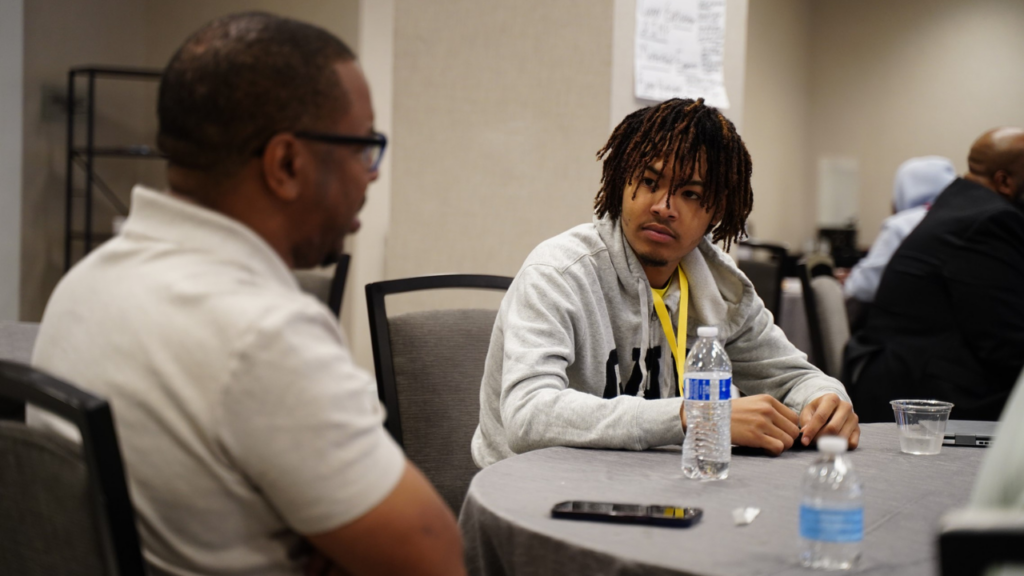by Katie Fraser
Two years ago, the Biden administration launched the National Partnership for Student Success (NPSS), with a goal to provide students with an additional “250,000 tutors and mentees” from 2022 to 2025. Last year, the U.S. Department of Education and President Biden released a letter calling on colleges and universities to prioritize using Federal Work Study funds for “public service roles that support school-aged students in classrooms and community settings,” specifically “in local schools or out-of-school time programs.” This type of work, particularly high-dosage tutoring, which requires “one-on-one or small-group sessions with no more than four students per tutor” (among other factors), has been proven to work. High-dosage tutoring “increases students’ learning by an additional three to 15 months across grade levels; moves an average student from the 50th percentile to the 66th percentile; and is, overall, 20 times more effective than standard tutoring models for math and 15 times more effective for reading.”
However, despite the funding provided by COVID-19 relief funds and its evidence-backed success, high-dosage tutoring faces hurdles in its implementation. There are persistent labor challenges when hiring tutors; schools face “complex logistical issues when it comes to training tutors,” “rescheduling the school day to fit in a tutoring block, and vetting tutoring services”; and schools are apprehensive about using short-term funds for programs that should be run long-term. There are also complications that come with focusing on university partnerships for these tutors: universities must negotiate with campuses on pay rates and application processes, and there are other positions that pose competition to a tutoring job.
In navigating these challenges, reports from FutureEd and EducationWeek include a number of suggestions: (1) coordinate teaching and tutoring, which includes high-quality initial and follow-up training, (2) give school leaders and teachers a measure of autonomy in tutoring implementation, and (3) increase funding for federal programs like work-study and AmeriCorps to support the continued growth of high-dosage tutoring.
Through our partnerships with organizations such as NPSS and our community schools partners, IEL remains steadfast in our commitment to fostering equity in communities through strategic partnerships and leveraging existing resources, such as high-dosage tutoring, to empower students and promote academic success.
